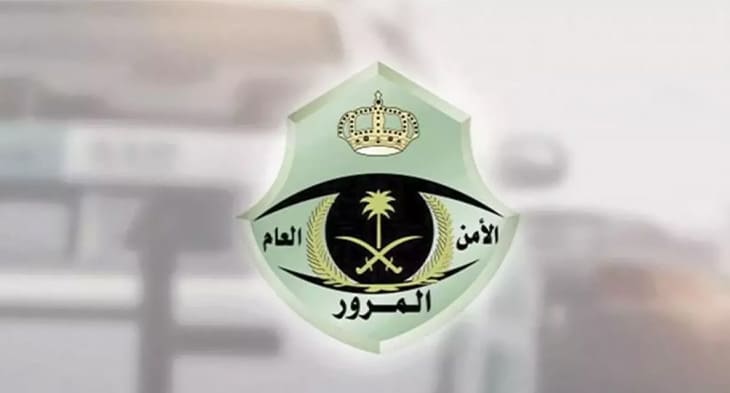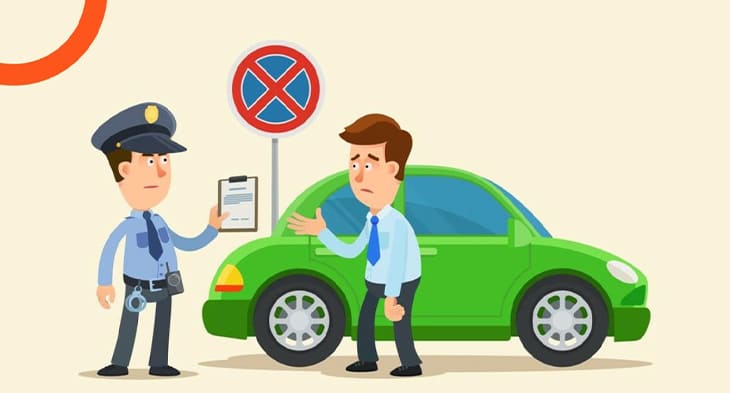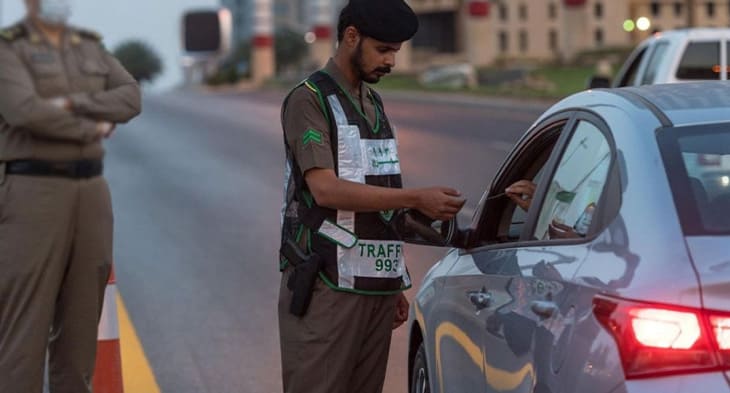Saudi Arabia enforces strict traffic laws to ensure public safety and order on its roads. These regulations are overseen by the General Department of Traffic, commonly known as Muroor. This guide outlines the categories of traffic violations, their penalties, and how you can stay informed to avoid fines.
If you’re looking for a used cars for sale in KSA and want to buy or sell a car, platforms like CarSwitch can assist you in finding the right vehicle that meets your needs and preferences.
Overview of Saudi Arabia’s Traffic Regulations
Importance of Traffic Laws for Safety
Traffic laws are designed to reduce road accidents, protect lives, and maintain smooth traffic flow. In a country with rapidly increasing urbanization and vehicular movement, these regulations act as safeguards for public safety.
Enforcement by the General Department of Traffic (Muroor)
Muroor oversees all aspects of traffic management, from issuing fines to educating citizens about road safety. With advanced technologies like AI-based monitoring systems and automated cameras, violations are detected in real-time, ensuring stricter enforcement and fairness.
Categories of Traffic Violation Fines

Category 1 (SAR 100-150)
Minor violations that are often overlooked include:
- Parking outside designated areas.
- Jaywalking or crossing roads improperly.
- Leaving your car running unattended.
These fines are intended to address basic lapses in road discipline.
Category 2 (SAR 150-300)
This category covers common driving mistakes, such as:
- Failing to signal while changing lanes.
- Driving without a seatbelt.
- Using improper lanes, which can disrupt traffic flow.
Drivers committing these offenses are fined to encourage adherence to basic safety rules.
Category 3 (SAR 300-500)
Moderate infractions in this category include:
- Littering from vehicles.
- Unnecessary sudden braking, which can endanger other vehicles.
- Failing to secure children in proper safety seats.
Such violations are penalized to prioritize safety and hygiene.
Category 4 (SAR 500-900)
Examples of violations include:
- Blocking emergency vehicles, such as ambulances.
- Ignoring stop signs or traffic signals.
- Driving unregistered vehicles.
These infractions are deemed serious due to their potential to cause accidents or delay emergency response.
Category 5 (SAR 1000-2000)
Major violations in this category include:
- Overloading vehicles with passengers beyond capacity.
- Driving without proper license plates.
- Refusing to provide identification or documentation when asked by authorities.
Such offenses reflect negligence and attract severe fines.
Category 6 (SAR 3000-6000)
High-risk violations include:
- Running red lights.
- Tampering with license plates.
- Unauthorized transport of passengers.
The penalties here are stricter due to the potential for grave consequences.
Category 7 (SAR 5000-10,000)
These are the most severe violations, such as:
- Driving under the influence (DUI).
- Racing on public roads.
- Using unauthorized or private roads without permission.
These fines aim to prevent life-threatening behavior on the road.
Traffic Violation Fines in Saudi Arabia (2024)

Below is a concise summary of traffic violation categories, fine ranges, and examples of offenses.
| Category | Fine Range (SAR) | Key Violations |
|---|---|---|
| Category 1 | 100–150 | Parking violations, jaywalking. |
| Category 2 | 150–300 | No seatbelt, improper lane usage. |
| Category 3 | 300–500 | Littering, sudden braking. |
| Category 4 | 500–900 | Blocking ambulances, ignoring stop signs. |
| Category 5 | 1000–2000 | Overloading passengers, no plates. |
| Category 6 | 3000–6000 | Running red lights, license plate tampering. |
| Category 7 | 5000–10,000 | DUI, unauthorized road use. |
Traffic Safety Initiatives in Saudi Arabia
Public Awareness Campaigns
Government campaigns focus on educating drivers about safe practices, targeting schools and workplaces to create a culture of road safety.
Technological Advancements in Enforcement
Saudi Arabia uses smart technologies like speed radars, drones, and AI-powered cameras to monitor traffic, ensuring stricter compliance and reducing human error.
Tips for Avoiding Traffic Violations
Understanding the Rules
Stay informed about the latest traffic laws by regularly checking announcements from Muroor or using the Absher app.
Planning and Defensive Driving
Use navigation tools to avoid congested areas and drive defensively to minimize risks.
Conclusion
Understanding traffic fines and adhering to Saudi Arabia’s road rules can save lives and help drivers avoid hefty penalties. The government’s structured approach to traffic enforcement is aimed at fostering a culture of safety and discipline on the roads.
Read More: Ford Rises as Saudi Arabia’s Fastest-Growing Auto Brand
FAQs
- What are the consequences of unpaid fines in Saudi Arabia?
Unpaid fines can lead to legal complications and hinder vehicle registration renewal. - How are expatriates affected by traffic violations?
Expatriates must comply with the same rules and can contest violations through official channels. - What resources are available for drivers to learn traffic rules?
Platforms like Absher and official traffic websites provide regular updates. - Can I contest a violation if I believe it’s unfair?
Yes, you can file a complaint via Absher or directly contact Muroor. - What happens during repeat offenses?
Repeat violations result in escalating penalties and may lead to stricter legal consequences.

